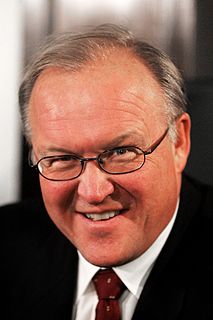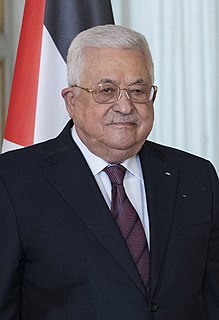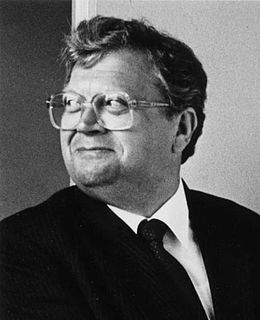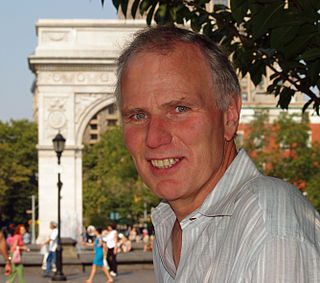A Quote by Adolfo Aguilar Zinser
My work at the United Nations discomforted some members of the U.S. government, which exercises its power beyond collective understandings and international law.
Related Quotes
The United Nations' founders understood that decisions affecting war and peace should happen only by consensus, and with America's consent, the veto by Security Council permanent members was enshrined in the United Nations Charter. The profound wisdom of this has underpinned the stability of international relations for decades.
I consider the government of the United States as interdicted by the Constitution from intermeddling with religious institutions, their doctrines, discipline, or exercises. This results not only from the provision that no law shall be made respecting the establishment or free exercise of religion, but from that also which reserves to the States the powers not delegated to the United States. Certainly, no power to prescribe any religious exercise or to assume authority in any religious discipline has been delegated to the General Government. It must then rest with the States.
I am deeply gladdened that 1993 has been delcared the International Year of Indigenous Peoples by the United Nations. It is the first year we have had in five hundred years. This is thanks to the struggle of many untitled, unnamed indigenous brothers who, without understanding international law, patiently walked the corridors asking for some time. Thanks to them this international year has been declared.
It's plain that the American right wing, the Republicans and some sections of the Democratic Party, don't really care about international norms. They believe in the executive authority of the president. They don't even believe the United Nations or international law should play any role vis-à-vis American policymaking.
We are a nation that has a government - not the other way around. And this makes us special among the nations of the earth. Our government has no power except that granted to it by the people It is time to check and reverse the growth of government which shows signs of having grown beyond the consent of the governed.
I think we're in a new era where the advancing tide is towards human unity, where people all around the world want to come together. The United States is in a position where it can lead the way towards that and it can do it in practical ways by affirming the power of the United Nations so that the international process makes decisions on international security.
Breaking the United States up into a number of pieces could be very good for the integration of those new nations with the rest of the world and the international law whose primary enemy is now the United States government. I think that it would be very good for democracy, for people to be within some hundreds of miles of their nation's capital, as they are in many other countries, so that they didn't have to travel thousands of miles to protest, to exercise their First Amendment rights, but that is the current state of affairs in this overly large, imperial nation.
The problem with the United States is that it is making an increased use of drones/Predators [which are] particularly prominently used now in relation to Pakistan and Afghanistan...My concern is that drones/Predators are being operated in a framework which may well violate international humanitarian law and international human rights law.







































